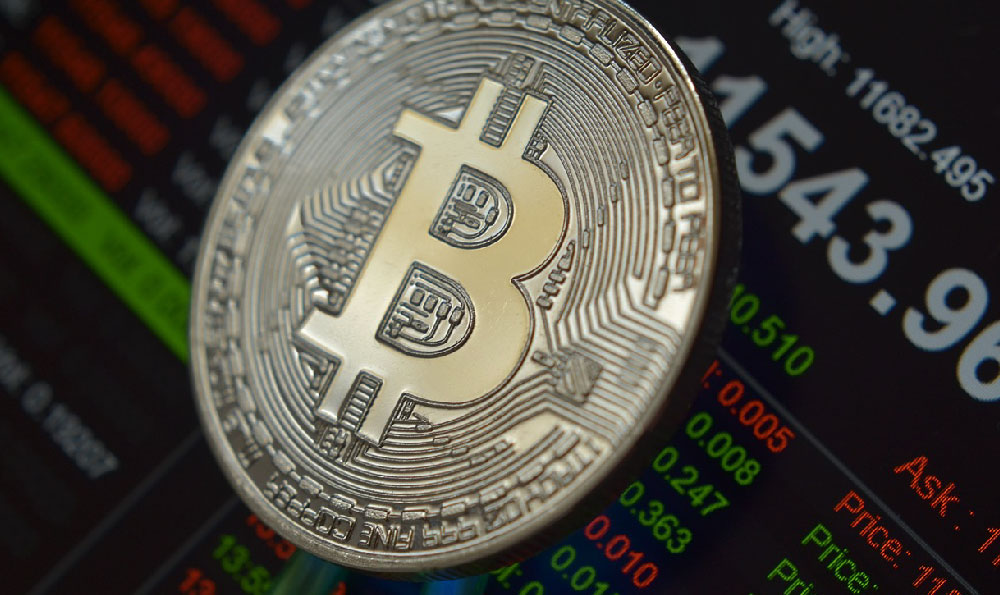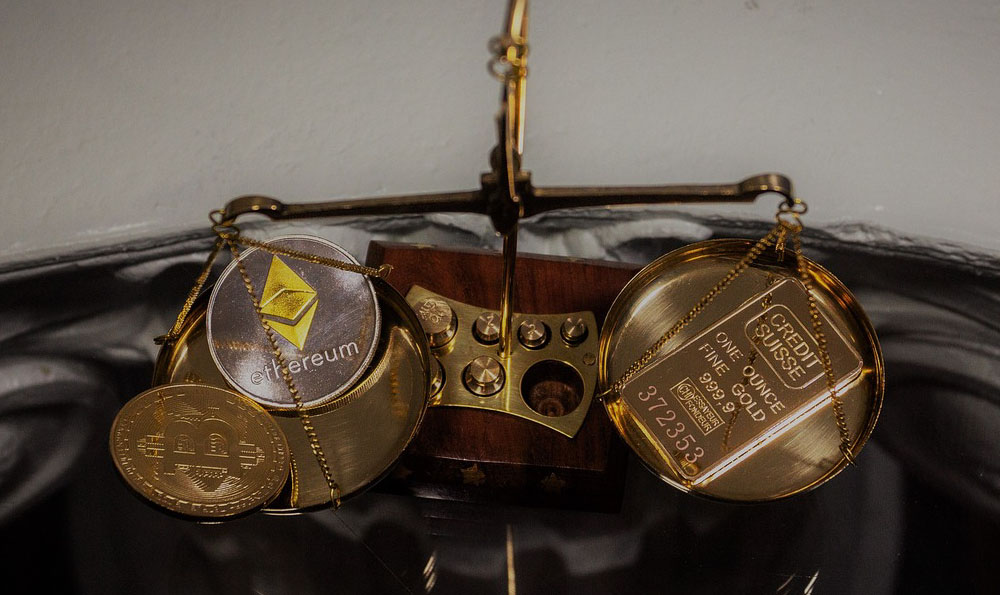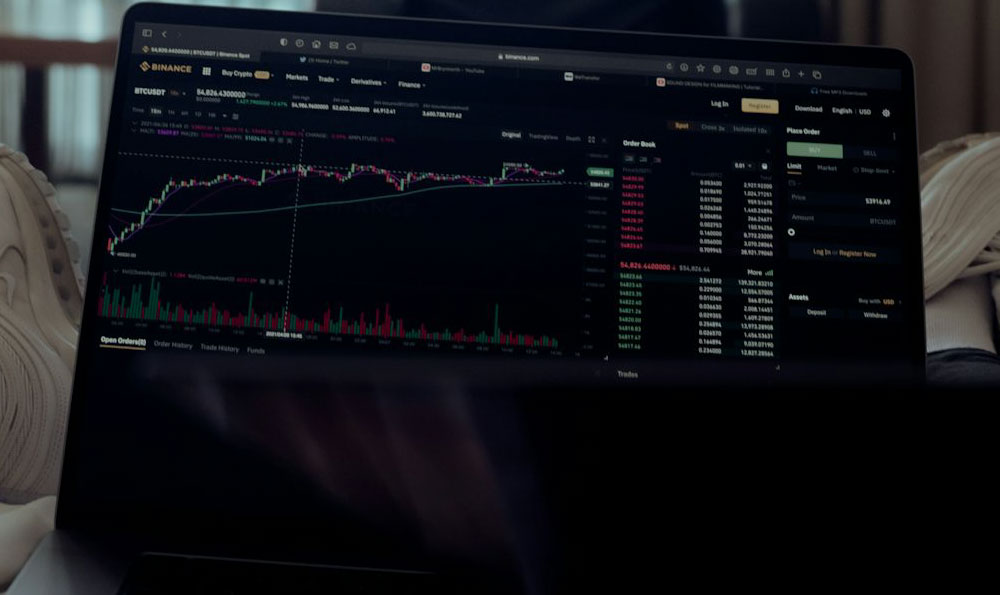The Medici family, synonymous with Florence and the Renaissance, rose from relatively humble beginnings to become one of the wealthiest and most influential families in European history. Their ascent was a complex tapestry woven from shrewd financial practices, astute political maneuvering, and a deep understanding of cultural influence. Understanding how they amassed their wealth and maintained their power requires looking at several key areas.
At the heart of the Medici fortune was banking. Giovanni di Bicci de' Medici, considered the true founder of the family's financial empire, eschewed the high-risk lending practices of other Florentine banks and focused on providing loans to a wider clientele, including merchants, small businesses, and even the papacy. This diversified portfolio reduced risk and ensured a steady stream of income. Furthermore, the Medici bank wasn't simply a lending institution; it also facilitated trade, currency exchange, and the transfer of funds across Europe. They established branches in major commercial centers like Rome, Venice, London, and Geneva, creating a sophisticated international network that allowed them to profit from the burgeoning European economy. The bank’s success was further solidified by its efficient and innovative accounting methods, including the development of the double-entry bookkeeping system, which provided a clearer picture of the bank’s financial health and allowed for better decision-making. This emphasis on sound financial management differentiated them from their competitors and laid the foundation for their long-term prosperity.
The relationship with the papacy proved particularly lucrative. Appointed as the papal bankers, the Medici handled the vast sums of money collected by the Church, including taxes and tithes from across Europe. This not only generated significant profits through fees and commissions but also provided the family with invaluable political clout. The ability to control the flow of papal funds gave them leverage over other European powers and cemented their position as key players in international affairs. It is imperative to understand that being the papal banker was not merely a financial arrangement; it was a seal of approval, signaling trustworthiness and reliability, further enhancing their reputation and attracting more clients.

Beyond banking, the Medici family diversified their investments into various sectors. They were involved in wool manufacturing, a crucial industry in Florence, and acquired large estates, generating income from agriculture and land rents. They were also astute traders, engaging in the import and export of various commodities. This diversification protected them from economic downturns in specific industries and ensured a more stable and resilient financial base. Importantly, the Medici understood the value of controlling the supply chain. They invested in infrastructure, such as canals and roads, which facilitated trade and reduced transportation costs, further increasing their profits.
Political acumen was another crucial ingredient in the Medici family's success. While they initially avoided holding formal political office, they skillfully navigated the complex political landscape of Florence, building alliances and cultivating relationships with influential families. They used their wealth to gain influence, subtly manipulating elections and ensuring that their supporters held key positions in the government. This allowed them to protect their business interests and shape policies that were favorable to their family. Cosimo de' Medici, in particular, was a master of political manipulation. He understood the importance of public opinion and used his wealth to fund public works projects, sponsor festivals and celebrations, and provide charitable donations, thereby cultivating a reputation as a benefactor of the people. This endeared him to the Florentine populace and solidified his power behind the scenes.
The Medici family's patronage of the arts and sciences was not simply an act of altruism; it was also a strategic investment in their reputation and influence. They recognized the power of art and culture to shape perceptions and project an image of wealth, sophistication, and power. By sponsoring artists like Michelangelo, Leonardo da Vinci, and Botticelli, they transformed Florence into a center of artistic innovation and intellectual ferment. This attracted talented individuals from across Europe, further enhancing the city's prestige and solidifying the Medici family's legacy. Furthermore, their patronage served as a powerful tool for legitimizing their rule. By associating themselves with the beauty and grandeur of Renaissance art, they presented themselves as enlightened rulers who were dedicated to the betterment of society.
Maintaining their power was an ongoing challenge. The Medici faced constant threats from rival families, political opponents, and economic instability. To counter these threats, they developed a sophisticated network of spies and informants, allowing them to anticipate and neutralize potential challenges. They also cultivated a loyal following among the Florentine populace, providing them with jobs, financial assistance, and other forms of support. This created a strong sense of loyalty to the Medici family and made it difficult for their enemies to gain a foothold in Florence.
In conclusion, the Medici family's wealth and power were not simply the result of luck or accident. They were the product of a carefully crafted strategy that combined shrewd financial practices, astute political maneuvering, and a deep understanding of cultural influence. Their success offers valuable lessons for aspiring entrepreneurs and leaders today, highlighting the importance of innovation, diversification, strategic partnerships, and a commitment to long-term vision. They demonstrated that wealth alone is not enough to secure power; it must be combined with political skill, cultural influence, and a genuine commitment to the well-being of the community. The Medici family's legacy continues to resonate today, reminding us of the enduring power of finance, politics, and culture to shape the course of history.












